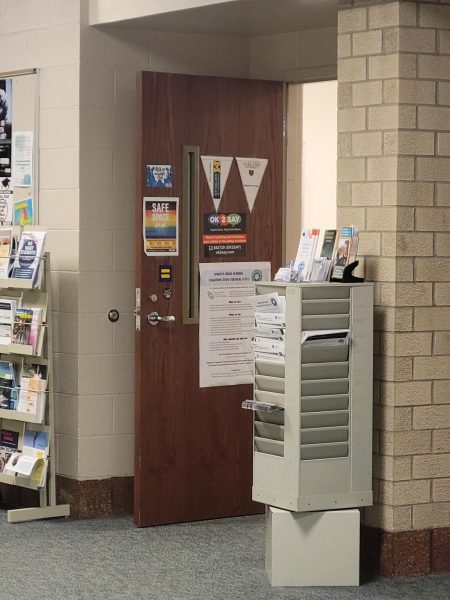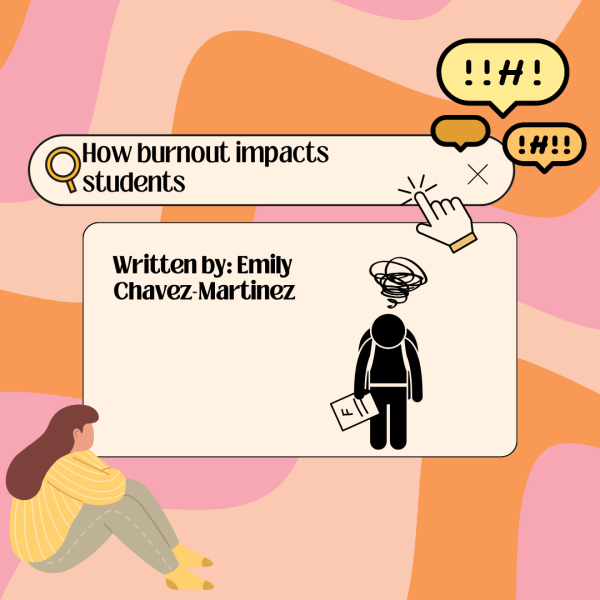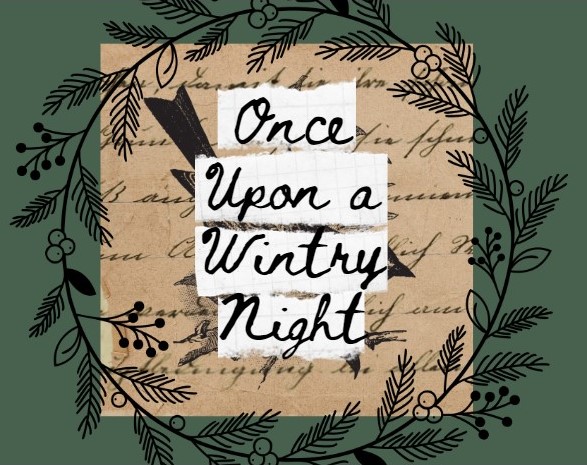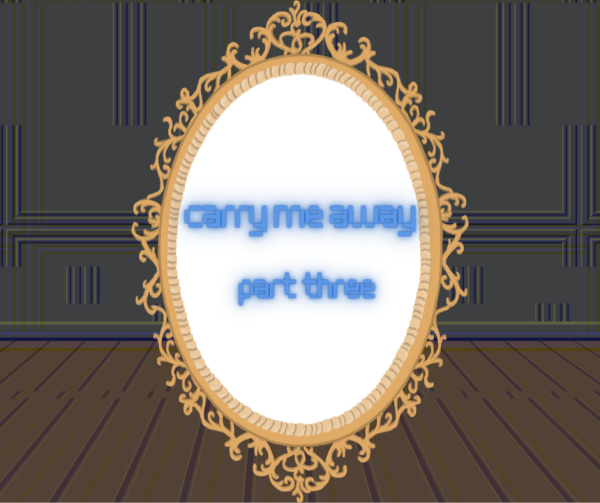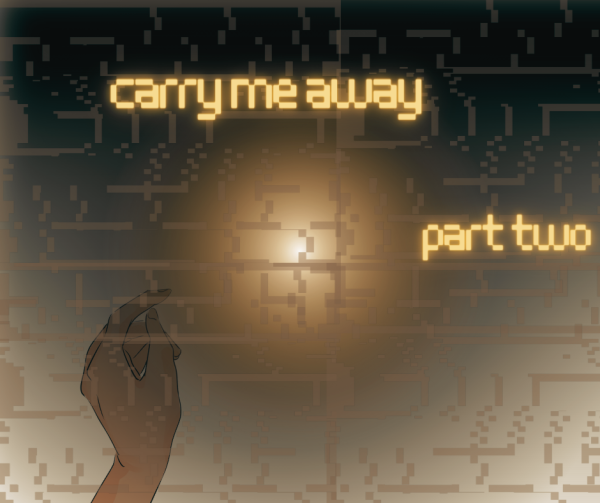Teenage Representation in the Media

Picture from: https://lhsepic.com/9007/opinion/the-false-portrayal-of-teens-in-media/
I was sitting in English class while learning about how teens are represented in the media, and watching Freaks and Geeks made me come to a major realization. The evolution of teenagers in the United States has a huge impact on their portrayal in the media.
Compare a show like Freaks and Geeks to a show like Euphoria today. Freaks and Geeks reflected what teenagers went through in the 1980s: bullying, crushes, grief, cliques, and change. Euphoria reflects what teenagers go through today: addiction, grief, love, loss, and (still) change. The difference between the two is obvious. Sure, today’s teens still go through those things, but in cases like bullying and dealing with a crush–it’s not the same at all. Nowadays making a move on your crush isn’t as awkward as what’s portrayed in the show. Sometimes kids don’t make a move at all, they are just infatuated with the idea of being with someone. Even with bullying, you don’t really see it happen as often anymore. Although when it does occur, they tend to be more politically charged. There are aspects to these shows that can be relatable, but it ultimately has a negative accuracy on today’s teens.
As an avid watcher of Euphoria (and someone who does enjoy the show), there are many things I could analyze about it. In my opinion, I think the overall accuracy of the representation of today’s teens in the show isn’t quite up to par, but it is better than what I expected. There are things that teenagers can relate to in the show like addiction, the mental anguish many of the characters deal with, and grief (especially turning to poor coping mechanisms to deal with grief). However, I know that many of today’s teenagers can’t relate to other features of the show like the excessive partying, sexual activity, and drugs. The film industry likes to capitalize on the few teenagers that do these things, which leaves a mark on how society perceives us. I can confirm, as a senior at a public high school, that even the outfits the characters are dressed in are inconsistent with what actual teenagers wear. I know the point of Euphoria is to highlight the main character’s drug addiction, what started it, how she’s dealing with it, how it affects her life, the personal life of other characters, and learning about empathy all at the same time; the way this is represented in the film doesn’t do a good job of expressing youth culture. I can, however, praise the show for being more inclusive. It’s interesting to note that every teenager has their own life, their own story, and their reasons for doing what they do. I can applaud Euphoria for showing that piece as well.
In To All the Boys I’ve Loved Before, you have a teenage girl who writes letters to her crushes without sending them–even though they read them anyway after her sister sends them out. The plot of this movie is interesting to watch, but the characters only reinforce stereotypes. Lara Jean is a sweet girl, although her personality doesn’t match what 99% of the student body at any public high school is like. Peter Kavinsky also gives off major “jock” vibes, which simply…does not exist anymore. The movie is great, but it’s just all the same stereotypical, cliché coming-of-age film between a shy nerdy girl and a popular jock that doesn’t show what high school life is really like.
I can’t help but mention who takes up the part of acting as a teenager in these shows and movies. All I see are models and older actors/actresses playing the part of a teen. I know it’s possible to find *actual* teenagers during auditions and casting calls. Having the comfort of seeing a teenager that looks like me, or a student I see at school would make everything a little more tolerable to watch.
It’s cool to see the contrast between shows like Freaks and Geeks & Euphoria as generations of teenagers evolve, how the problems between everyone completely change, and how the real world influences these changes.
Something I have noticed in shows that surround the life of teenagers is that you almost never actually see the actors doing homework, actively engaging in after school activities, sports, or even jobs. I get that the plot of Euphoria doesn’t have anything to do with school, but it would be nice to see some of these actions in the show, especially when the overall representation of teenagers is negative. You know, like a reminder of what teenage life is like and what teenagers do in their free time. But it’s not just Euphoria, it’s almost every show/movie that centralizes the plot around teenage life.
Putting shows aside, even teenagers in the print media aren’t properly portrayed. Most news articles regarding teenagers mention death from kidnapping, running away, car accidents, and/or school shootings. What about their accomplishments? I think a lot of people look at today’s generation as “irrational, lazy, and rude”. Yeah, you’re not wrong, a lot of teens are like that, but you can’t blame us when that’s all what the media pictures. What about the good side? How people constantly mention that today’s generation is going to change the future. Why don’t you prove that by showing why teenagers are going to change the future? Maybe it’s the way we are regarded in society that this couldn’t be a reality.
Youth culture has morphed into different styles, music, technology, behaviors, and even language. As I already mentioned, comparing Freaks and Geeks & Euphoria shows that difference. Both have storylines of different characters having different lives and overcoming challenges from completely different generations. You can see the shift between style and language. Freaks and Geeks have teens more conservatively dressed, into different activities, spoke in a language that would not be accepted today, and had way less inclusivity. Euphoria has teens doing the complete opposite (excusing the fact that they still speak in a way that would be condemned in real life). The problem is, it’s not completely revealing the sincerity of teenagers and their lives today. A good way to express the realness of teens in a show or a movie doesn’t mean you have to strengthen the stereotypes of them.
What will it take to finally get accurate representation in the media? There are multiple sides to every generation, it’s only fair that we get to see every one of them.
Your donation will support the student journalists of Dakota High School. Your contribution will allow us to purchase equipment and cover our annual website hosting costs.

Angela is a senior who loves to read, write, watch TV, and listen to music. This is her first year working for the Dakota Planet as a writer. Different...

